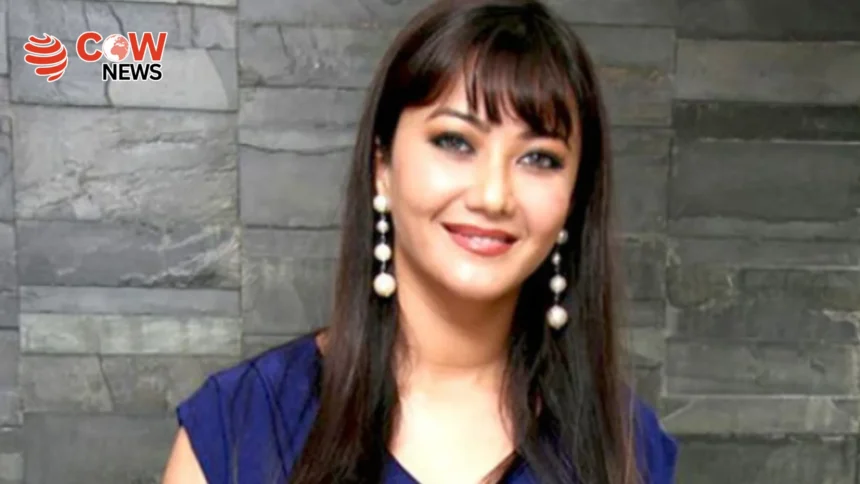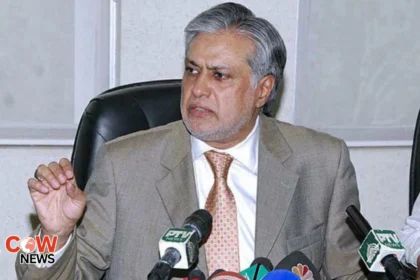Delhi( The COW News Digital)Indian actress and model Nausheen Ali Sardar has revealed that she was denied matrimonial services by a leading matchmaker solely because of her Muslim identity, exposing the deep-seated religious bias in India’s so-called secular society.
The 43-year-old actress, who was born in Mumbai, made the disclosure during an interview on YouTuber Siddharth Kannan’s show. Nausheen explained that during the COVID-19 pandemic, she reached out to renowned matchmaker Sima Taparia, widely known from the Netflix series Indian Matchmaking, in hopes of finding a suitable life partner.
To her shock, Taparia allegedly refused to take up her case, explicitly citing her religion as the reason. “She told me directly that they cannot find a match for me because I am Muslim,” Nausheen said.
The actress recalled that she even assured Taparia she was willing to marry into families of different faiths, including Catholic, Sikh, or Punjabi households. “I was open to interfaith marriage, but even then, the outright rejection came only because of my Muslim identity,” she explained.
Nausheen highlighted the irony of such discrimination given Taparia’s own diverse background — her father is Punjabi, and her mother is of Iranian descent. “It was shocking to see such bias from someone who herself comes from a mixed family,” Nausheen remarked.
The actress described the experience as both disheartening and eye-opening. “In a country as diverse as India, it is deeply upsetting that religion still becomes a barrier in something as personal as marriage. This reflects the larger issue of growing intolerance,” she said.
Nausheen’s comments have reignited the debate on religious discrimination in India, especially in the entertainment industry, where Muslim actors and public figures have often spoken about prejudice. Activists argue that the incident highlights not only social bias but also the normalization of exclusionary practices in the name of tradition.
The revelation has sparked a wave of reactions on social media, with many criticizing Taparia for hypocrisy and bigotry, while others defended her right to refuse clients. The controversy adds another layer to the ongoing discourse around interfaith relationships in India, where legal and social challenges for such unions remain intense.
For Nausheen, the experience underscored the persistent hurdles faced by Muslims in India. “We are told India is secular, but reality paints a different picture,” she concluded.







